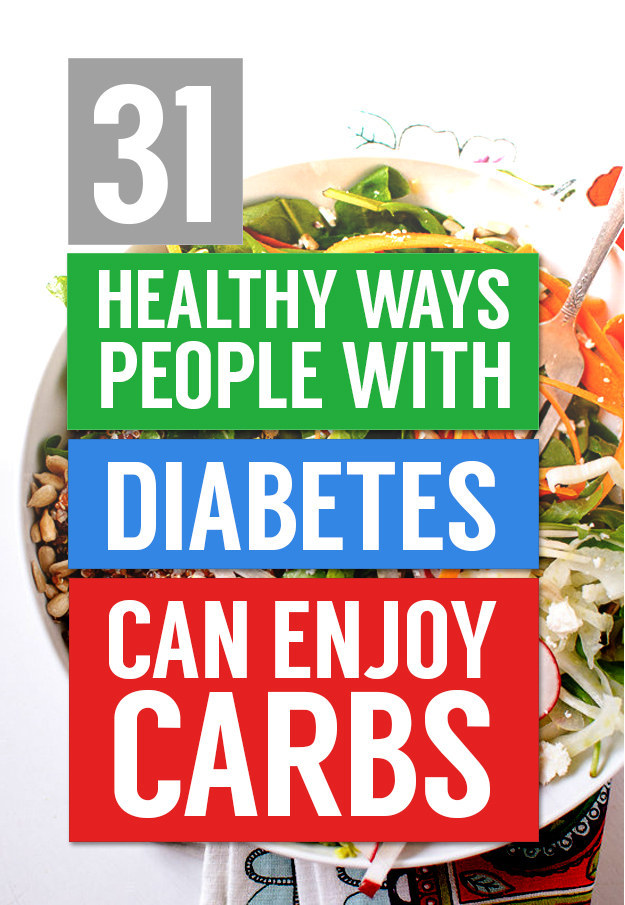 cookieandkate.com
cookieandkate.comWhether you've just been diagnosed with diabetes or you've been managing it like a pro for years, chances are you always need new recipes to add to your repertoire. Or maybe you have a family member/friend/date who has diabetes, and want to cook dinner for them. Fear not. You don't have to cook special, "diabetic" meals. Or, despite popular myths, obsessively avoid carbs.
Many people think that if you have diabeetus (as Wilford Brimley would say) that means you can't eat carbohydrates. But, in fact, people with diabetes should get about 50% of their daily caloric intake from carbs — like anyone else looking to follow a healthy diet.
You just need to consider three things before chowing down: the type of carb, adding a protein, and portion sizes. These factors all impact blood sugar and can help keep sugars within normal range (aka glycemic control), which is the ultimate goal in diabetes management.
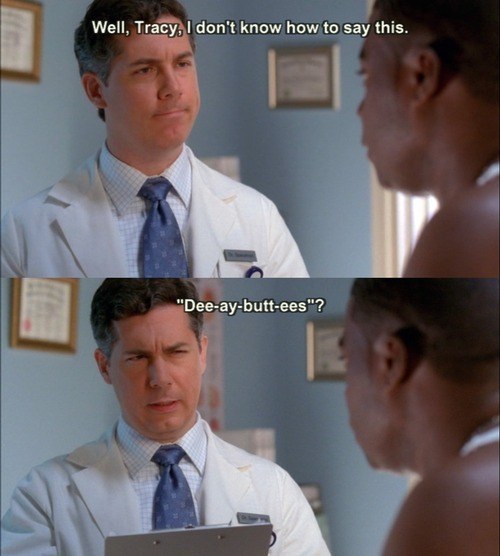 uproxx.com
uproxx.comHere's what's going on: When you eat carbs, your body breaks them down into sugar (aka glucose) which is used for energy. Glucose is the ideal energy source for most bodily functions, including — most important — brain power. And insulin is a hormone that takes care of keeping your blood glucose in a safe range by transporting glucose from the blood into your body's cells.
When a person has diabetes, their insulin is either not working effectively, is being produced inefficiently, or in some cases not being produced at all (depending on the type of diabetes). As a result, they have elevated levels of glucose in the blood. That's likely where the whole no-carbs-or-sugar misconception came from. "Just don't eat carbs or sugar and you'll be fine," right?
Nope. It's not a carb thing, it's an insulin thing. Your body does need some carbs to function. And, fortunately, a person with diabetes can manipulate their diet for better glycemic control by incorporating some of the recommendations below into their lifestyle.

1. Understand that not all carbs are created equal.
Sweet potatoes have carbs. So do chips. But there's a small difference between them that's actually kind of a BIG difference. Simple carbs found in most processed or refined foods, like white bread, rice, and chips, are digested quickly, thus causing a rapid rise in blood sugar. It's almost like an injection of sugar; you don't have to be a scientist to see that this isn't the best choice for someone with diabetes.
But complex carbs found in natural foods like fruits, vegetables, beans, and whole grains contain fiber which slows digestion — preventing that sugar spike — and also keeps you fuller longer. Check foods labels and reach for product with 3 grams of fiber or more per serving to keep that sugar in control.
2. Add a protein.
Protein + Carb = <3. Include a protein with meals and snacks. Like fiber, protein can prevent spikes in blood sugar by slowing digestion and serves to keep you fuller, longer too! Choose lean cuts of meat and seafood for animal protein. For meat-free options, you get protein from legumes, nuts, seeds, eggs, low-fat dairy, and soy products.
3. Practice portion control.
Pay attention to portion sizes. Check the nutrition facts panel for the serving size, maybe even invest in some measuring cups, and teach yourself to recognize portion sizes. Like, when you make a fist (pump) it's about 1 cup. The point is portion size DOES matter.
You can also follow guidelines for creating your plate, an effective way to enjoy carbs while managing your diabetes:
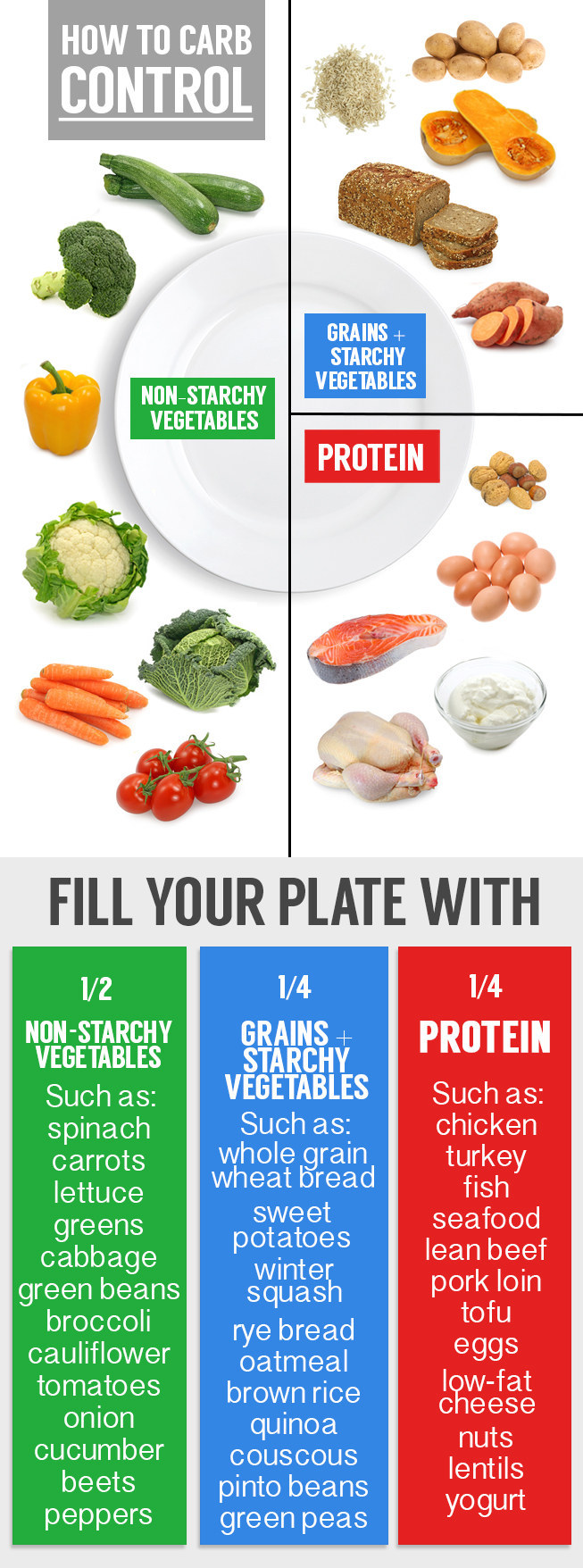
Based on the Create Your Plate healthy eating guideline recommended by the American Diabetes Association.
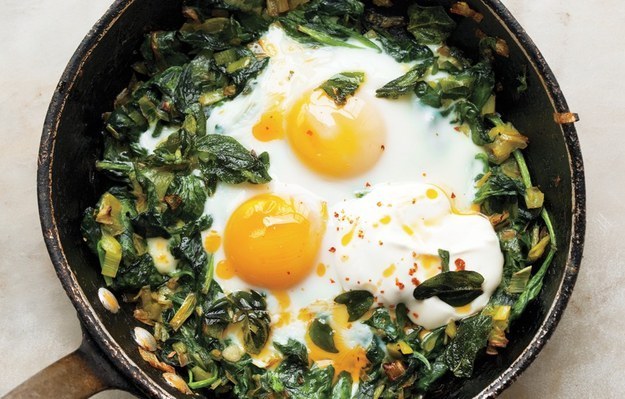 bonappetit.com
bonappetit.comRecipe here.
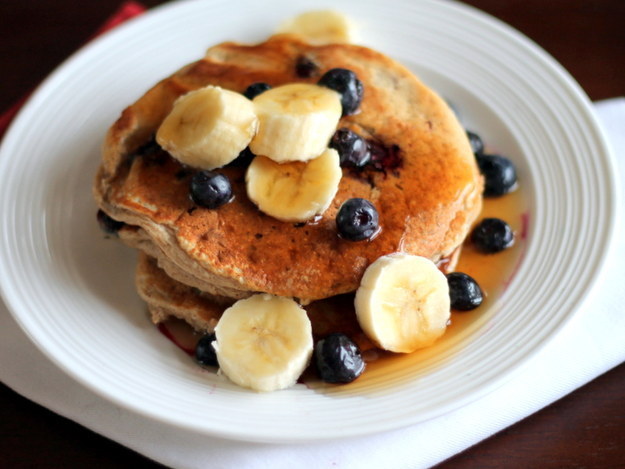
These are so good on their own that you don't need syrup, but if you want, you can top with all natural peanut or almond butter for texture and extra credit protein. Recipe here.
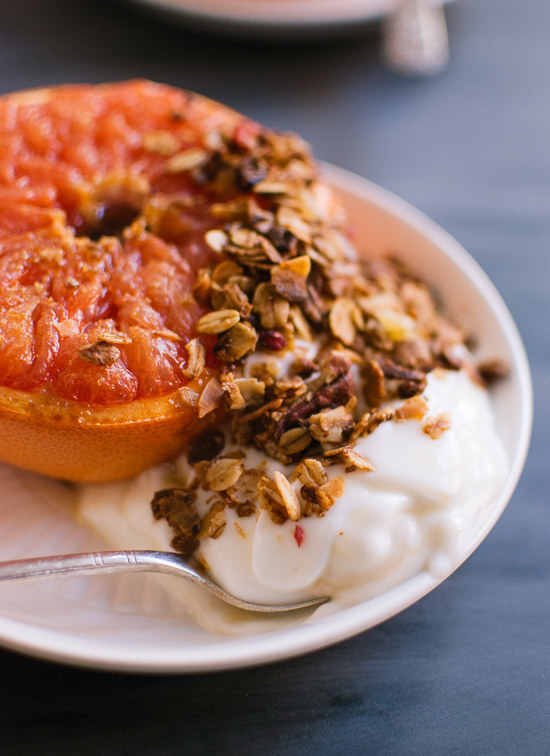
Instead of store-bought granola (which is often high in sugar), opt to top with a high-fiber cereal like Kashi Go Lean. You can also make this homemade granola that uses sugar substitute. Recipe here.
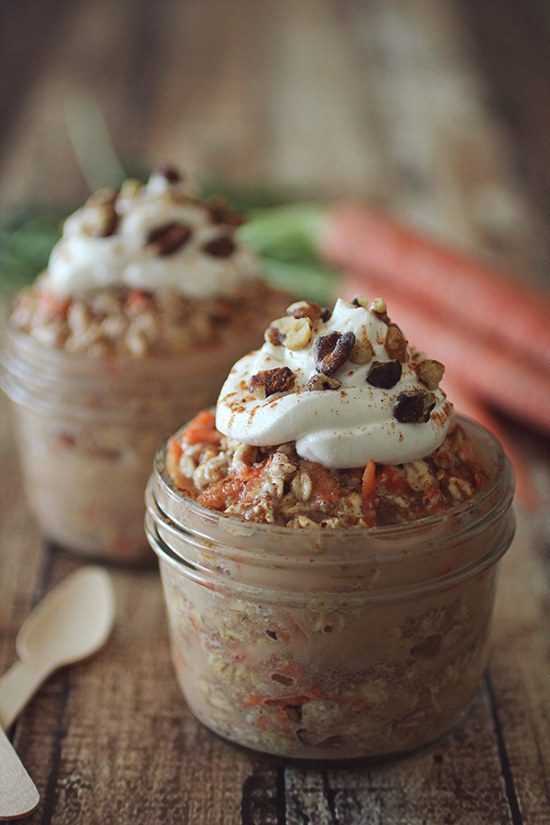
It looks naughty, but it's actually nice. High protein, high fiber. Make it breakfast or dessert, your choice. Recipe here.
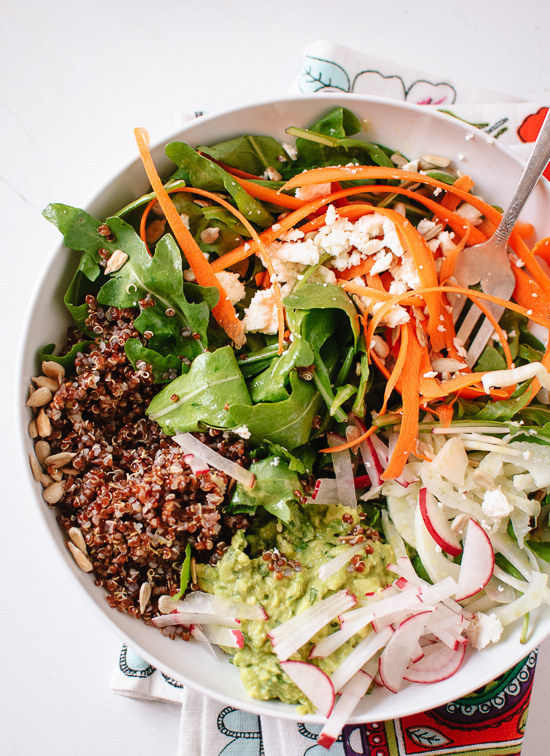
Quinoa is a superfood, because it contains both protein and fiber – 2 in 1. Load up on UNLIMITED non-starchy vegetables with a tasty lemony dressing and a savory herbed avocado. Recipe here.
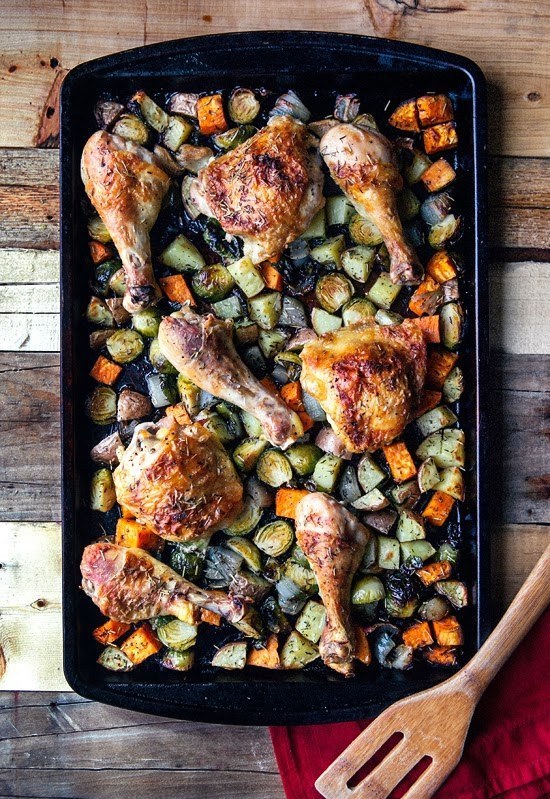
Take notes, this is the perfect example of the protein + green veg + starchy veg formula. Plus, roasted Brussels sprouts and sweet potatoes are pure magic, AND this is a one-pan cleanup. Recipe here.
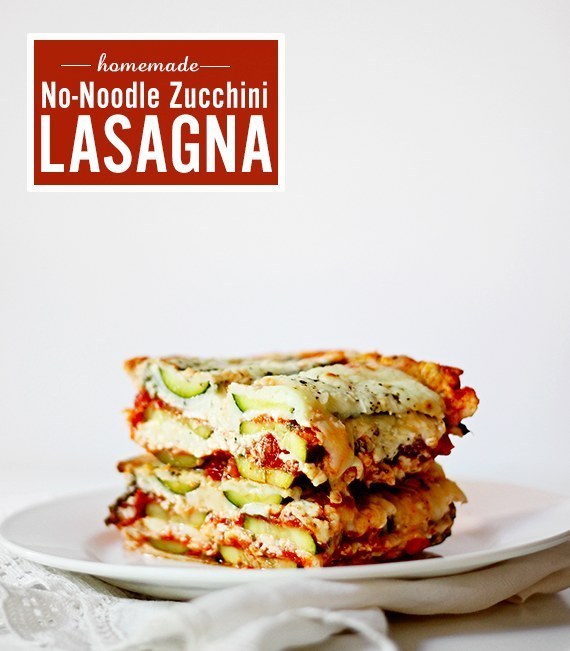
Clever noodle subs are great, like this zucchini "lasagna" ( you could also do this trick with eggplant). The cottage cheese in this recipe gives it the protein boost. Recipe here.
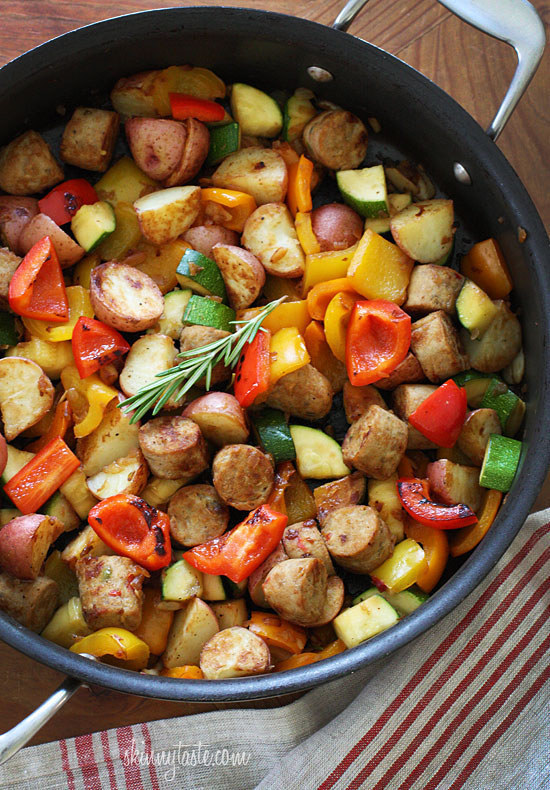
Don’t be deterred by the carb content. This recipe is high in fiber and protein, which CAN prevent blood sugar spikes. GO ahead! Recipe here.
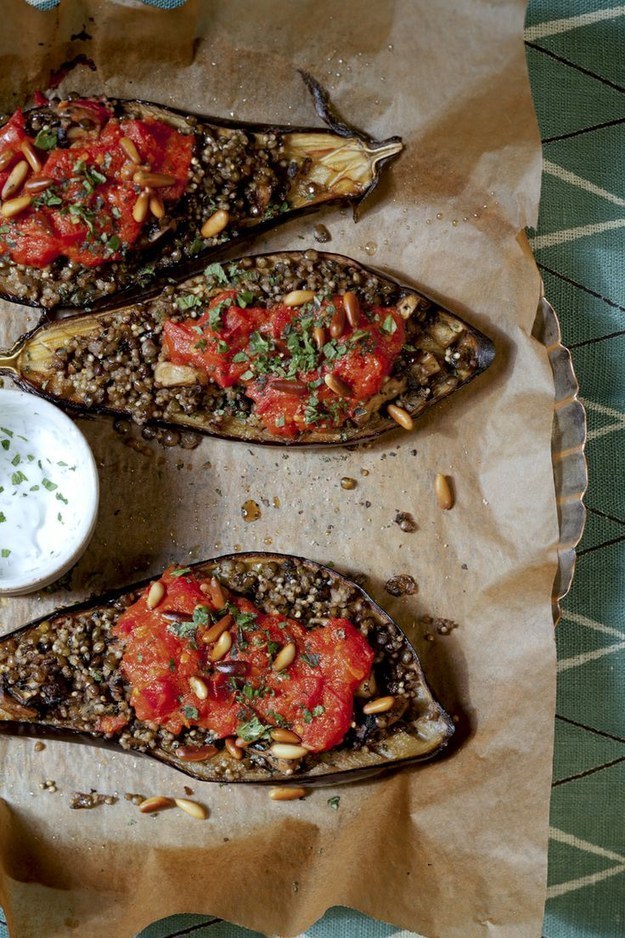
Lentils contain both protein and fiber, and millet is a brilliant source of whole grains. Check, check, and check. Recipe here.
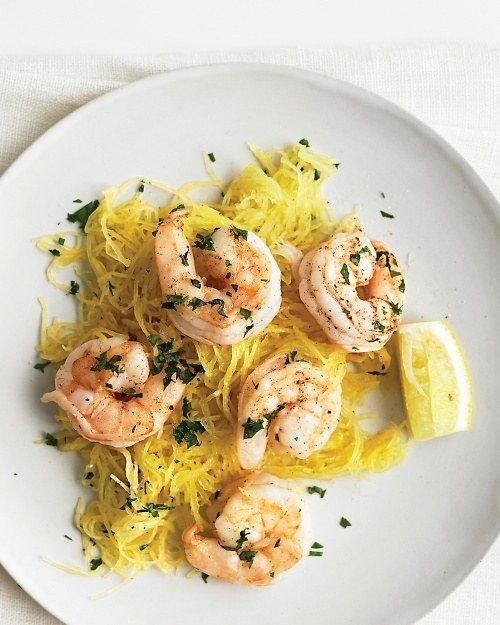
Replace pasta with spaghetti squash! Trusty trick that satisfies every time. Recipe here.
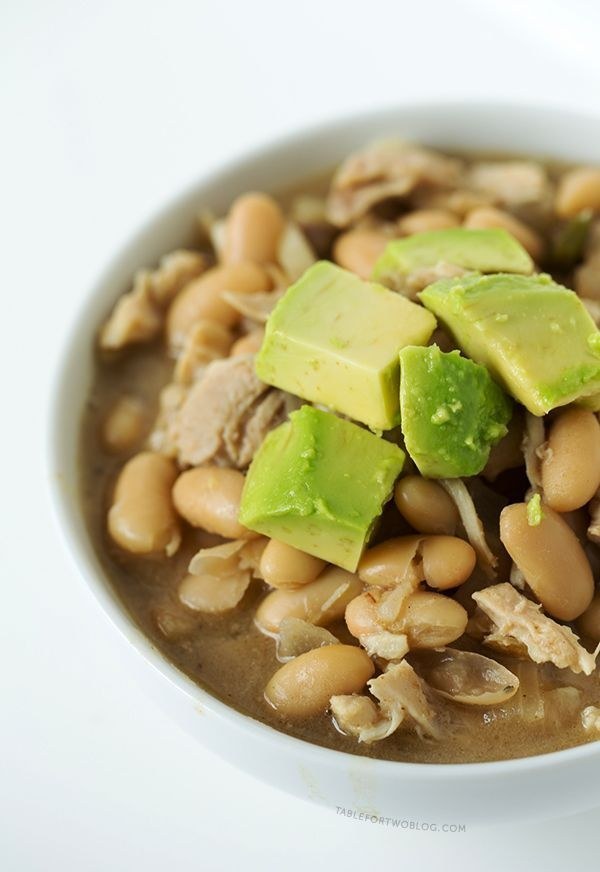
Perfect way to use leftover turkey or even chicken. Recipe here.
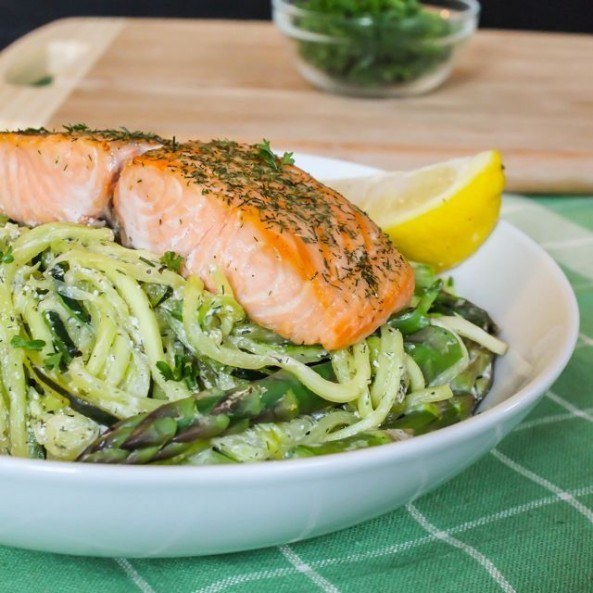
Make Zucchini "pasta" your friend. Recipe here.
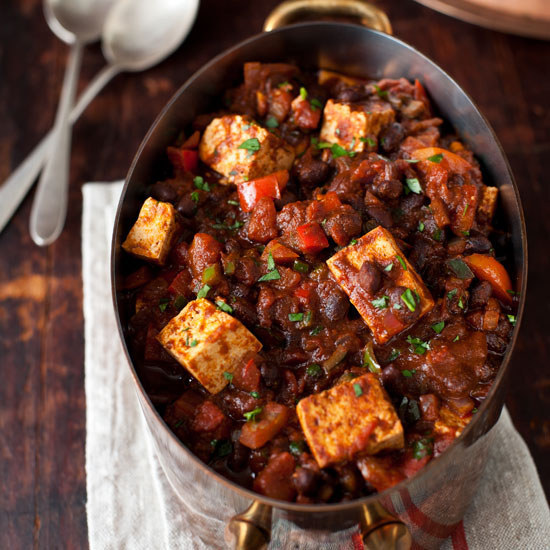 foodandwine.com
foodandwine.comSpice makes healthy eating so much more fun. Recipe here.
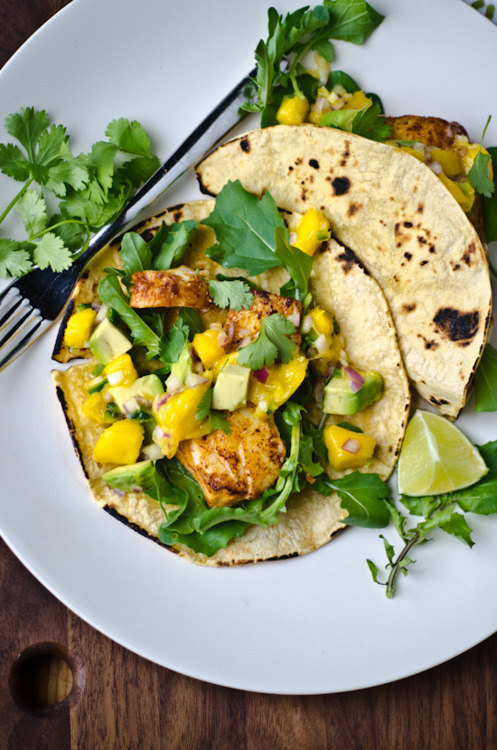
Swap corn tortillas for whole wheat tortillas for added fiber and fullness. Recipe here.
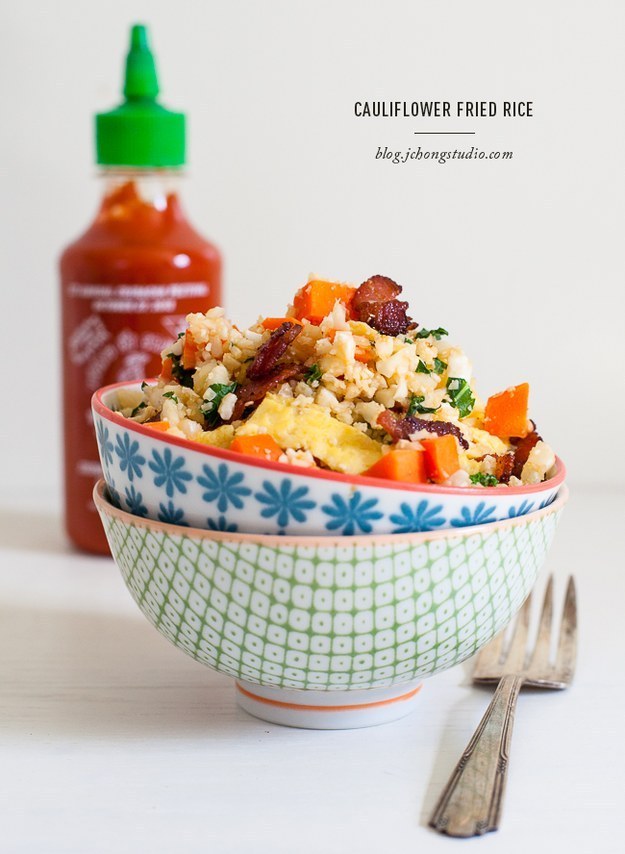
FOOLED YA. This “rice” is made from shredded cauliflower. Recipe here.
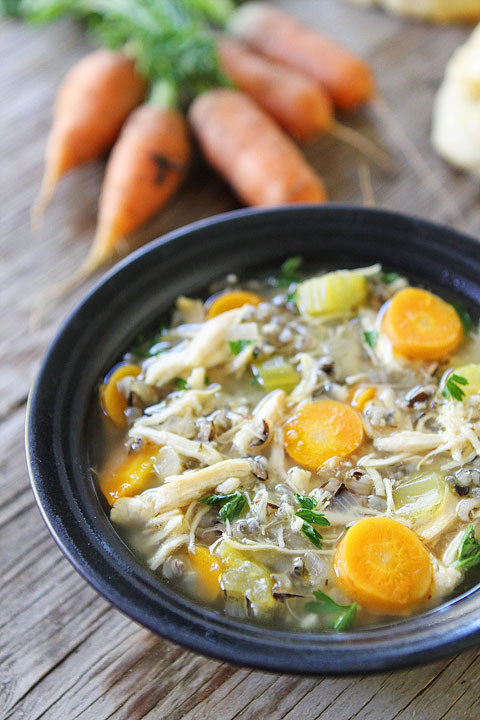
Another perfect plate (or rather bowl) model — packed with fiber, protein, and greens. Recipe here.
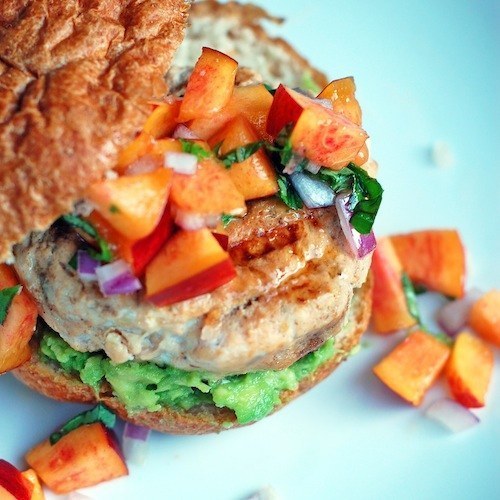
Any whole grain bun will do. Recipe here.
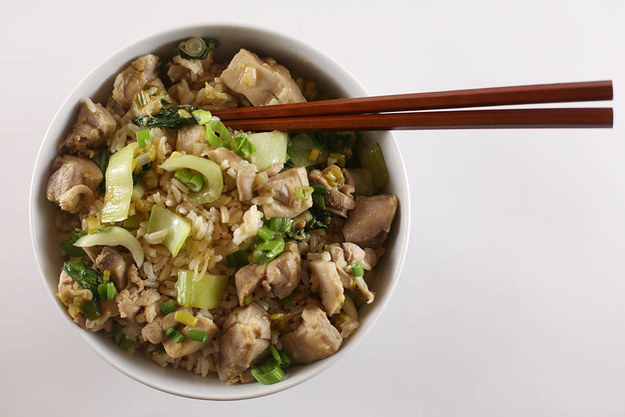
Recipe here.
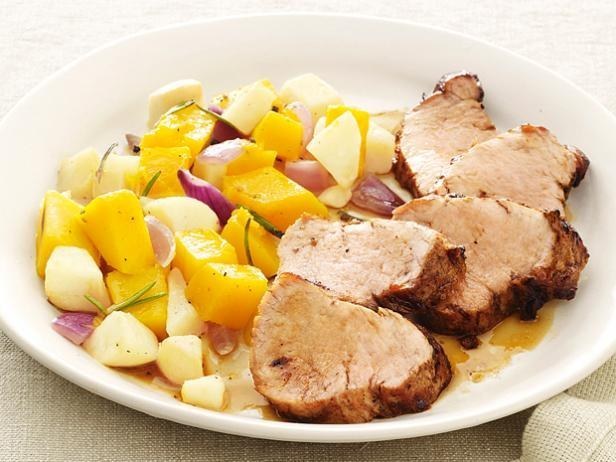 foodnetwork.com
foodnetwork.comSweet-savory combo meets carb-protein combo in the best way possible. Recipe here.
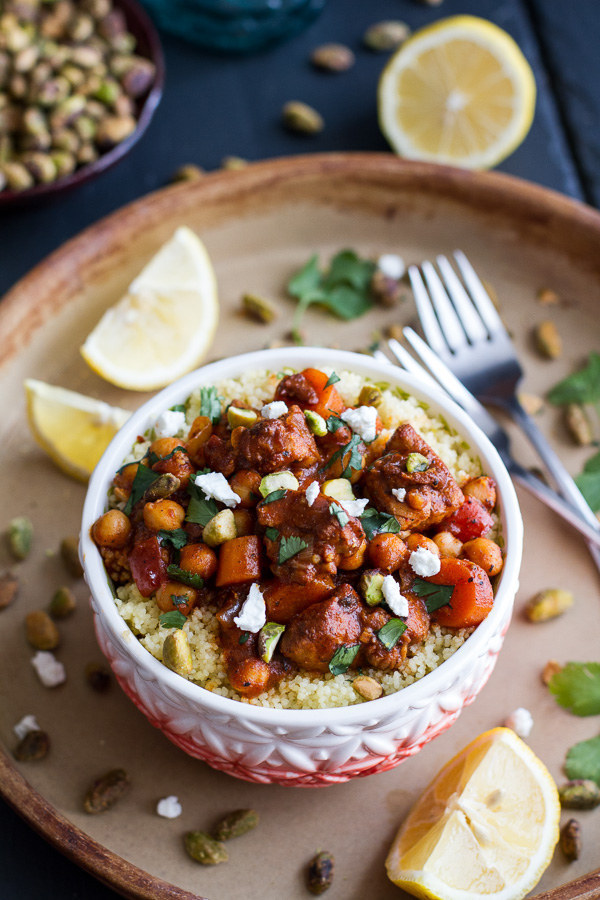
Couscous, friendly carb! Chicken, friendly pro! Recipe here.
Original article and pictures take www.buzzfeed.com site
Комментариев нет:
Отправить комментарий